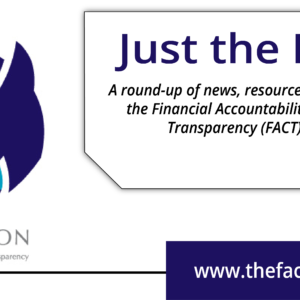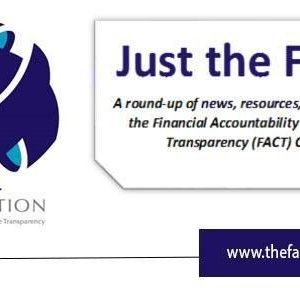
The Russian Invasion of Ukraine: Just the FACTs: March 21
Reforms advocated for by FACT, including those pertaining to beneficial ownership of anonymous shell entities, removing opacity from the U.S. real estate, private investment, and other luxury goods markets, and promoting greater tax transparency can bring the economic weight of new sanctions to bear. The U.S. must work expediently with its allies to permanently close financial gateways for Russia’s political elite to hide and grow their illicit wealth.


